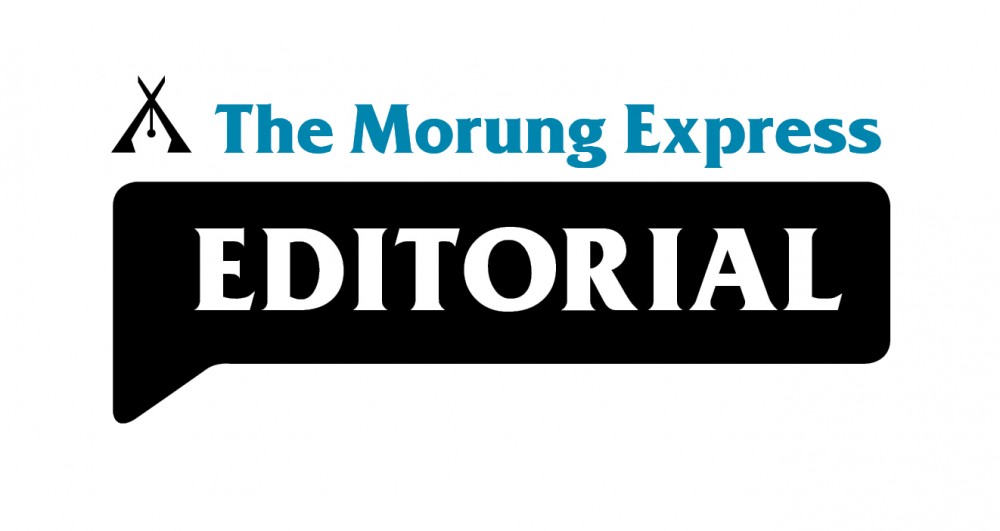
Imlisanen Jamir
Last week, the online encyclopedia Wikipedia turned 20.
After two decades of constant growth, this novel idea of the open web has now become an almost indispensable tool for researchers, students and journalists in addition to other passing users.
Its transformation from a platform whose use by students would leave them chastised by their teachers only a few years ago to a beacon of open source information has been remarkable. Yes, the platform's open edit policy has always made it vulnerable to disinformation, but this same openness also ensures that accuracy and reliability are ensured.
Boasting of a repository of as many as 6.2 million articles that are available in over 300 languages, the website, which is maintained collaboratively by the public now plays a crucial role in furthering public knowledge. There would be very few teachers now who can claim not to have used Wikipedia as a resource in some form.
It was something that should not have worked, but it did with hundreds of thousands of volunteers working to archive all corners of human knowledge. And making sure that disinformation is battled with collaboration of fact checkers from across the globe bound only by the quest to further knowledge and ensure accuracy.
This collaborative effort assumes importance now more than ever.
According to a 2021 report by the Edelman Trust Barometer, public trust in social institutions - the government, businesses, NGOs and the media - had eroded from 2019 onwards, owing to the pandemic, as well as a rising mistrust in what both politicians, as well as journalists, have to say. The timing of the release of this report is telling, as consequences of such mistrust are now being witnessed in the reactions of the public, even with something as momentous as the discovery of COVID-19 vaccines.
The importance of repeated fact checks, by relying on multiple sources, until all the facts add up, cannot be overemphasised here. Going forth, it’s essential that the purveyors of information embed a pause button when it comes to the dissemination of information. It might possibly be the only way to restore the trust factor in institutions of any kind.
Meanwhile, one way for people to contribute to collaborative knowledge is by contributing to Wikipedia. Despite its large repository, there are pockets of the world on which information is scarce, are at a bare minimum, or are coloured by prejudice and propaganda. We live in one such part of the world.
Comments can be sent to imlisanenjamir@gmail.com






